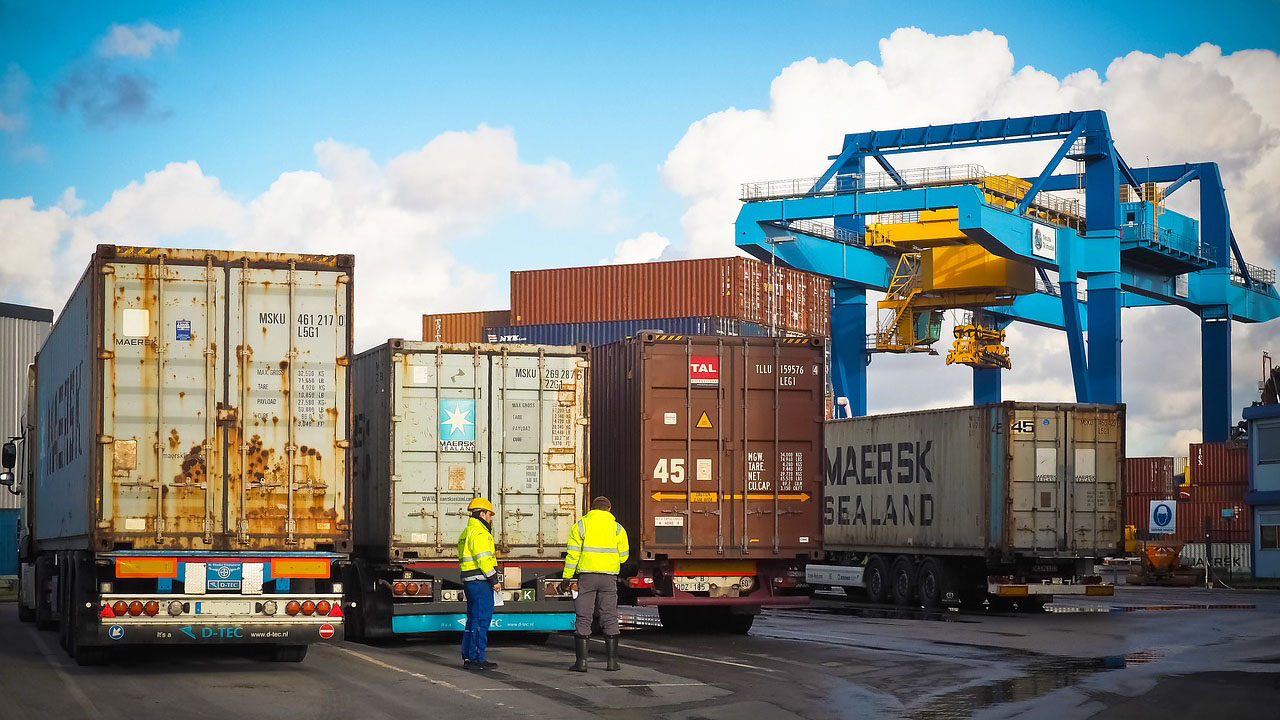
The Nigeria Customs Service (NCS) has reported a notable decline in cargo throughput, with a 4.89 per cent decrease in the volume of transactions in the first quarter.
This shortfall is attributed to several systemic challenges, including significant fluctuation in the exchange rates for customs clearance of consignments, non-compliance with regulations and infrastructure limitations.
Despite the decline in the cargo throughput, the Central Bank of Nigeria (CBN), again, raised the duty rate to N1,330.26/$1 on April 2, 2024, which is a 2.1 per cent, to the N1,303.8/$1, according to information obtained from the official trade portal of the NCS.
The new rate is higher than both official and unofficial rates, which are around N1250/$, suggesting the authorities are not wary about the consequences of high import duty on trade and even revenue.
The Comptroller General of Customs, Bashir Adewale Adeniyi, briefed the media, yesterday, on the NCS’s performance overview and key performance drivers in the first quarter
He explained that the exchange rates used by Customs for clearing goods through the Nigeria Integrated Customs Information System (NICIS) are determined by the CBN.
Adeniyi said the CBN has given 28 different rates, from N951.94/$1 in January to a peak of N1,662.35/$1 in February.
Adeniyi said February saw 15 different spot rates, ranging from N951.94/$1 to N1,662.35/$1, while March had 13 different spot rates, from N1,303.84/$1 to N1,630.16/$1.
He said these fluctuations led to an average exchange rate of N1,314.03/$1 for Customs clearance during the quarter, significantly impacting stakeholders and disrupting trade activities.
Adeniyi noted that while there might be speculation about potential revenue gains for the NCS, the negative implications on transaction volumes are considerable and outweigh any benefits.
He remarked that these concerns are already affecting current activities, with the potential for more pronounced effects in the months ahead.
Consequently, the NCS processed 311,492 Single Goods Declarations (SGDs) for imports, indicating a decrease from 327,491 SGDs in 2023 and 403,233 SGDs in 2022.
However, export transactions saw a 10.60 per cent growth, with 10,786 SGDs processed in 2024 compared to 9,752 in 2023. A significant part of this growth occurred in January, with a 29.69 per cent increase in transactions, according to the Customs boss.
On the revenue front, Adeniyi announced that the NCS collected N1.34 trillion in the first quarter, marking a 122.35 per cent increase over the N606 billion collected in the same period last year.
The revenue collection saw significant monthly increases, with January 2024 witnessing a 95.60 per cent surge to N390.8 billion from N199.8 billion in January 2023. This upward trend continued, with February and March collections growing by 138.68 per cent and 132.76 per cent, respectively.
Compared to the Federal government’s yearly revenue target of N5.07 trillion for the NCS in 2024, Adeniyi stated that these figures represent monthly revenue growth of 6.2 per cent over the target, and a cumulative collection exceeding the quarterly target by 18.6 per cent or N78.7 billion.
Adeniyi also highlighted efforts to address the impact of exchange rate fluctuations on import activities, including periodic consultations with the CBN, supported by the Minister of Finance.
In terms of enforcement, the NCS made 572 seizures valued at N10.5 billion in Duty Paid Value (DPV) during this period.
January saw 111 seizures valued at N842.9 million, with February recording the highest number of seizures at 432, totaling N3.7 billion.
Adeniyi stated that rice accounted for 39 of the seizures, followed by petroleum products (26 per cent), motor vehicles (nine per cent), and textiles (six per cent).
Additionally, 22 suspects were detained, with the NCS vowing to take appropriate legal actions by the Nigeria Customs Service Act 2023.






